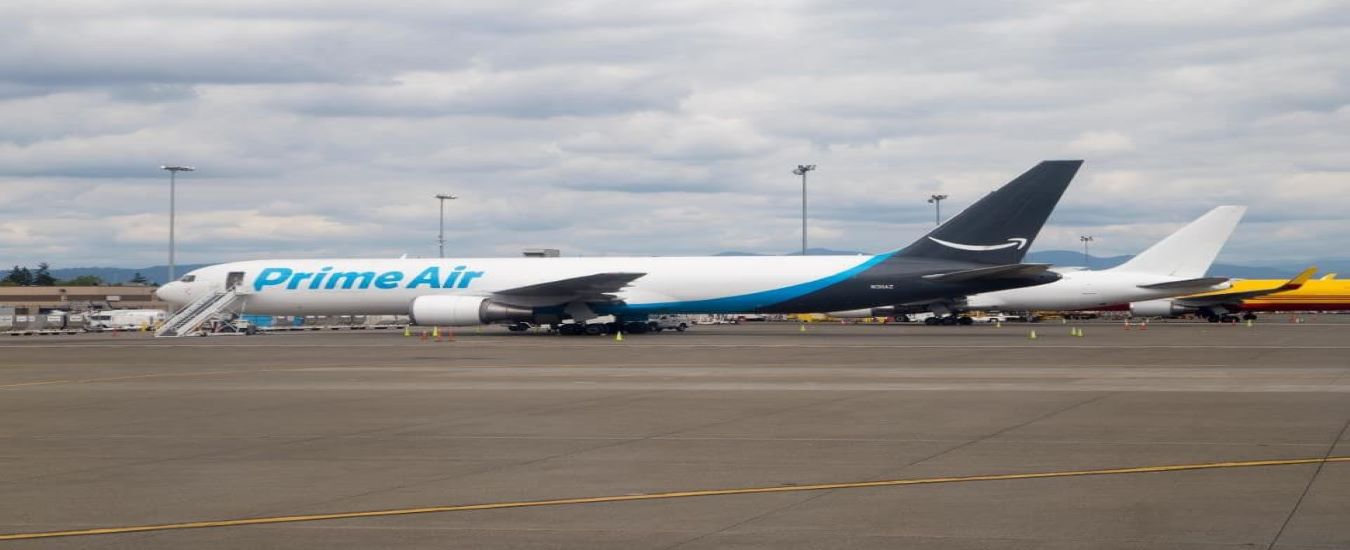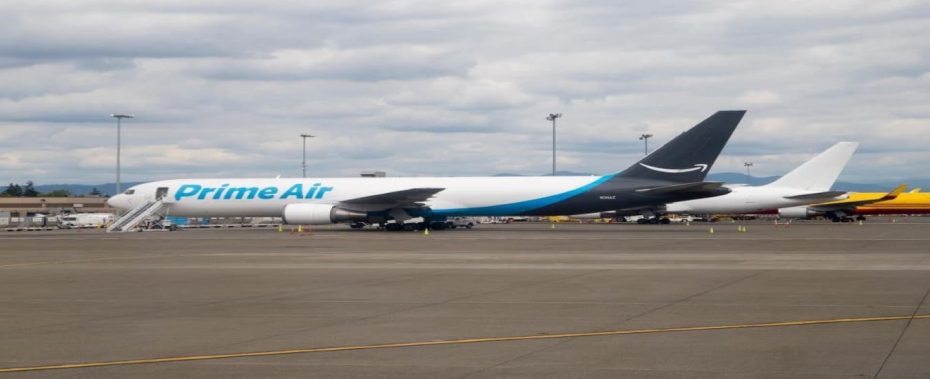
For the longest time, Amazon Prime’s free two-day shipping was my saving grace. I loved it. I could order anything—at any time of day—and rest assured it’d be on my front porch within two days. Doesn’t matter what it was—light bulbs, dog food, extension cord. It was amazing. Until two days just wasn’t fast enough. The truth many retailers need to face today is that shoppers want to not just buy but receive their stuff just as quickly as digital transformation is happening. After two years on Prime, I found myself filtering items for one-day shipping, then same-day delivery. And it looks like Amazon—not to mention big-box stores like Target and Wal-mart—were paying attention. With an $800-million-dollar investment, Amazon one-day shipping is now standard for Prime members, the race for customer loyalty in retail is getting even more expensive.
Reports show Amazon, Wal-mart and Target have the highest levels of customer loyalty. Amazon, however, is by far top dog when it comes to keeping customers tethered to the digital shopping cart. Stats on Amazon loyalty show 95 percent of current Prime members would definitely or probably renew their memberships. Some 94 percent of people polled had heard of Amazon Prime, and 70 percent had already used it. Some 85 percent of Primers visit Amazon at least once per week. And the number of those who say they shop online only at Amazon grew from 10 to 14 percent. Yes, Amazon’s customer loyalty is so strong that there is a sizeable chunk of the population that won’t shop anywhere else when it comes to online retail. In that sense Amazon one-day shipping isn’t about improving customer loyalty, it’s about keeping it.
Amazon one-day shipping shows just how difficult it is for retailers today to keep up with customer demands. Perhaps not difficult for Amazon—but for the average small-box retailer, it is going to be even more difficult to keep up with the speed at which Amazon is able to meet customer demand. In fact, by making one-day shipping standard, Amazon is making those demands even larger. Thus Walmart and Target both now offering curbside pick-up and ramping up their omnichannel (digital/brick and mortar) experiences.
The question remains: how can non-Amazon retailers continue to compete with Amazon, and what can they learn from Amazon’s customer loyalty efforts (even if their budgets are much smaller)?
Know What Drives Loyalty—for Your Customers and Your Competitors’ Customers
This will be different for every customer, and it will come down to data and analytics. What do your customers want? Not just in terms of your product, but in terms of how you deliver it? What are they getting from your competitors that they aren’t getting from you? These are the types of questions you need to start asking if you want to move the needle from customer to loyal customer.
Big box retailers Target and Wal-mart have rolled out different versions of same day ordering and pick-up to compete with Amazon. I’m sure you’ve seen the commercials for Wal-mart’s drive-up pick up offering. It’s clear these companies have found that customers want convenience—and it makes sense, because if I can order what I need, drive to the store, and NOT have to get out of the car to get it, I’m in.
Know You Have to Improve Trust
More than anything, customers want to know they can always count on you. Loyalists—the kinds that are refusing to shop anywhere but Amazon—are motivated by trust. Whereas Roamers are motivated by incentives, Loyalists will stay with you in every market. They’re the ones your company needs to build relationships with, and relationships don’t happy with shipping alone. They happen with communication, transparency, reliability, and quality. You may be able to fast track shipping, but there is no shortcut to building trust.
Know It’s a Culture Thing
No matter how fast your delivery is, you will not achieve customer loyalty at the level Amazon currently experiences if your customer service and shopping experience aren’t equally inviting. Shoppers today are looking for an experience. They want it to be fast, easy, kind, and positive. They don’t want to hit snags at the shopping cart stage. They don’t want to see that you don’t accept Apple Pay. They don’t want to re-enter their billing address if they don’t have to. And they certainly don’t want to explain their issue to a customer service representative if they’re having one. They feel the rep should already be tracking their experience while they’re experiencing it! Long story short, no amount of one-day delivery is enough to win customers. Only winning culture can do that.
The thing is: the fact that Amazon one-day shipping is becoming standard, and Walmart and Target are offering more digital shopping options, doesn’t matter unless they do it well. I’ve personally experienced some stores doing online orders/onsite pick-up well, and some doing it horribly. I’ve had some apps serve same-day services on time, and some that swallowed my service requests into digital oblivion, never to be seen or referenced again. I believe Amazon one-day shipping will be successful. They already have the logistics in place to do it well. But the rest of the marketplace has a long way to go to keep up. My advice is that retailers no longer try to compete with Amazon on the logistics front. Instead, focus on those unique things they can “win” with when it comes to customer experience.
The original version of this article was first published on Forbes.
Daniel Newman is the Principal Analyst of Futurum Research and the CEO of Broadsuite Media Group. Living his life at the intersection of people and technology, Daniel works with the world’s largest technology brands exploring Digital Transformation and how it is influencing the enterprise. From Big Data to IoT to Cloud Computing, Newman makes the connections between business, people and tech that are required for companies to benefit most from their technology projects, which leads to his ideas regularly being cited in CIO.Com, CIO Review and hundreds of other sites across the world. A 5x Best Selling Author including his most recent “Building Dragons: Digital Transformation in the Experience Economy,” Daniel is also a Forbes, Entrepreneur and Huffington Post Contributor. MBA and Graduate Adjunct Professor, Daniel Newman is a Chicago Native and his speaking takes him around the world each year as he shares his vision of the role technology will play in our future.

